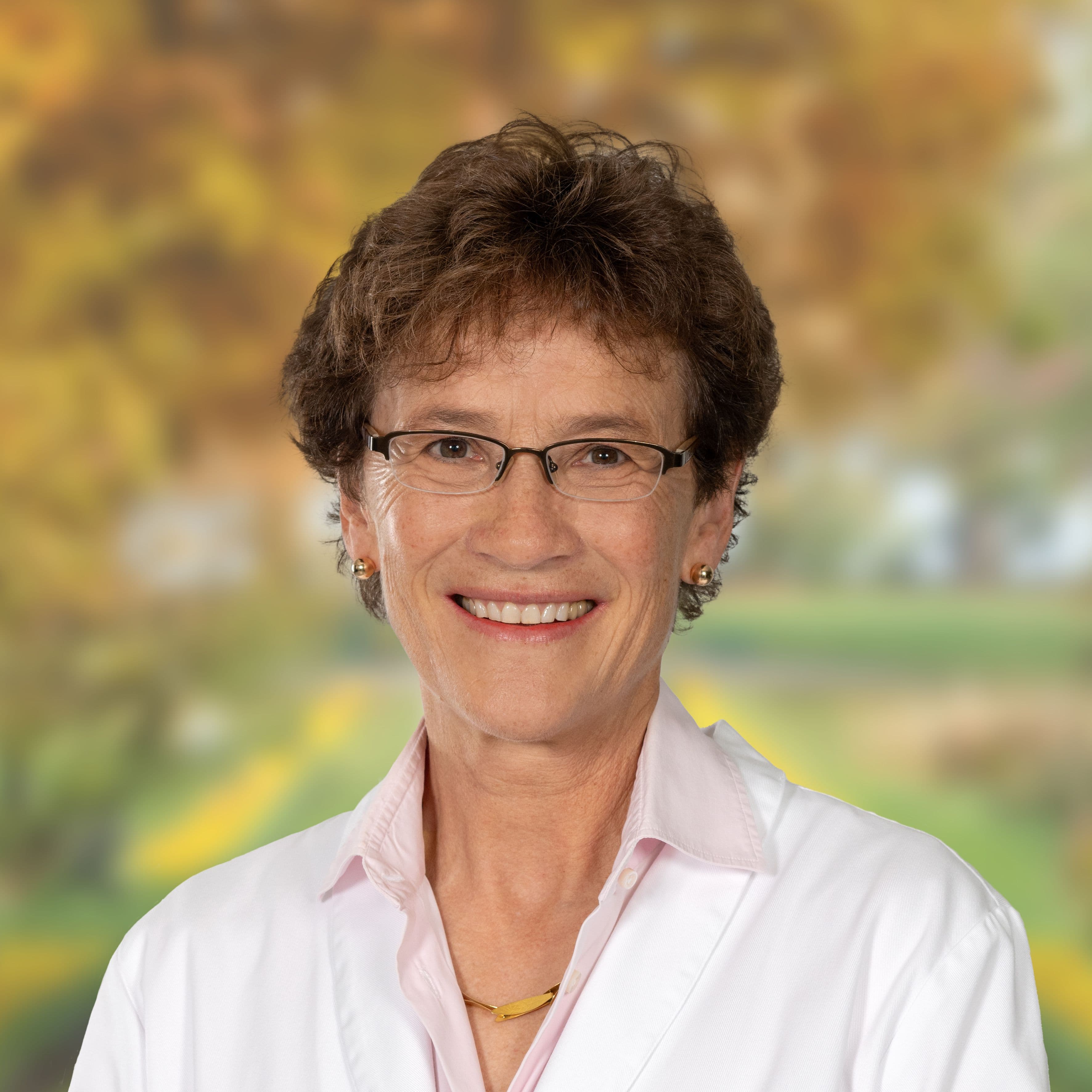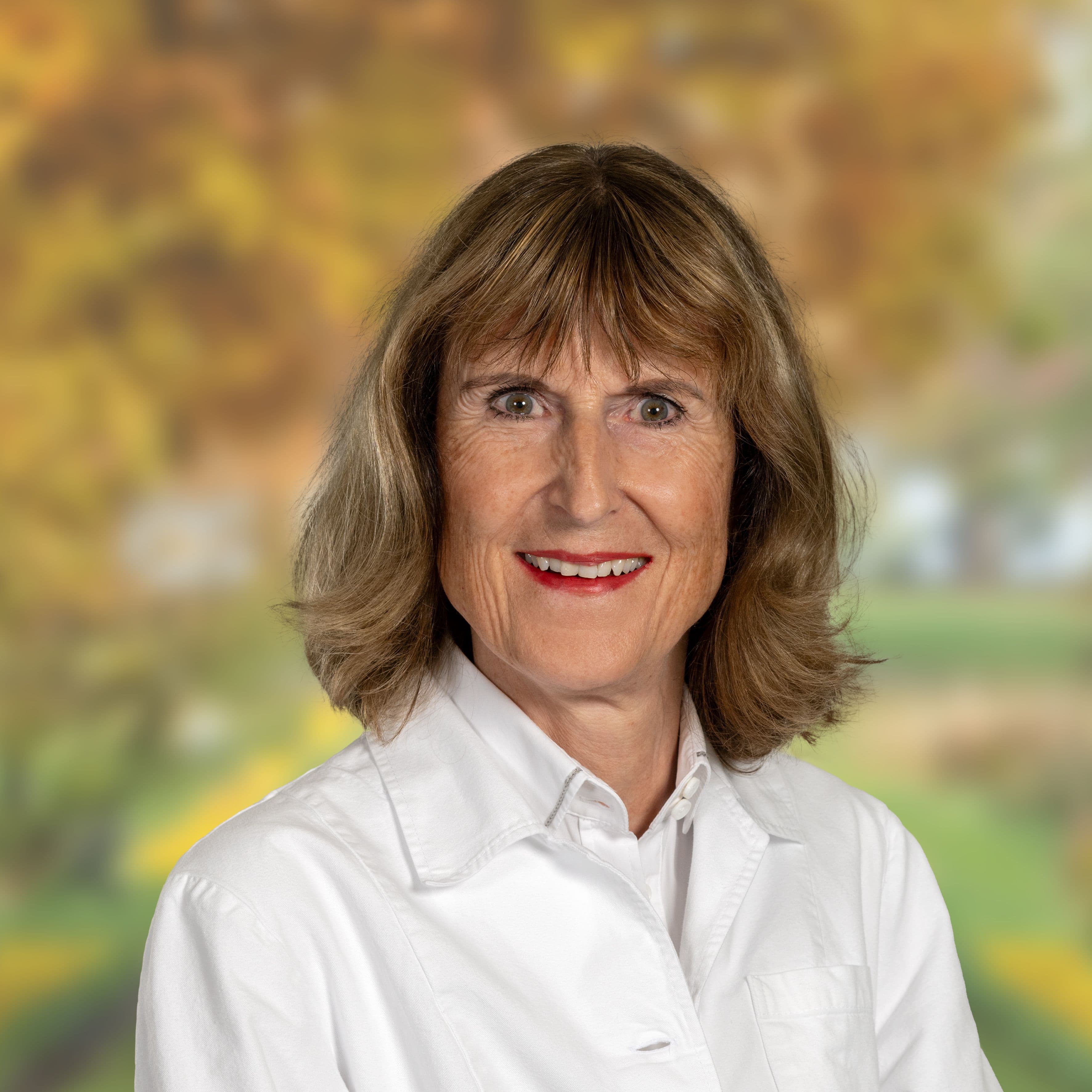
Medical expertise
At Klinik Schloss Mammern, specialists from various fields work hand in hand, supported by state-of-the-art medical technology.
Highly qualified specialists in internal medicine, cardiology, rheumatology, physical medicine and rehabilitation, pulmonology, oncology, orthopaedics and geriatrics provide our patients with comprehensive, expert medical care.
In addition, specialists in psychiatry, radiology, oncology, endocrinology, urology and dermatology are consulted on an ad hoc basis. Our medical technical infrastructure meets the high standards expected of a modern rehabilitation clinic.
Areas of expertise
multimorbidity
Medical expertise combined with heartfelt care
After surgery or a serious illness, patients often face limitations and discomfort. Medical expertise, professional care and personalised therapies are called for at all stages of the rehabilitation process. This also includes assessing the patient's current condition, taking into account their age and any coexisting illnesses (multimorbidity).

Klinik Schloss Mammern offers patients from Switzerland and abroad a comprehensive range of medical services for cardiovascular, musculoskeletal, internal oncological, pulmonary and geriatric rehabilitation, all based on the latest science and methods. Highly qualified medical, therapeutic and nursing professionals work hand in hand under an interdisciplinary approach to deliver tailored treatment programmes in bright, modern spaces equipped with state-of-the-art technology. The modern medical infrastructure at Klinik Schloss Mammern also enables comprehensive on-site diagnostics, allowing even complex examinations to be carried out directly at the clinic. Patients with new symptoms also benefit from this, as it often saves having to transfer back to an acute care hospital.
Rehabilitation every step of the way
Cardiovascular
rehabilitation
Expertise in cardiovascular care. Greater progress through tailored rehabilitation.
For patients with cardiovascular conditions, Klinik Schloss Mammern provides specialised cardiac rehabilitation in accordance with the latest guidelines set by leading cardiology associations. The goal is to stabilise and continuously improve the patient's cardiovascular system while supporting their swift reintegration into daily life. Patients participate in a personalised training programme that is tailored to their medical situation and functional capacity and guided by experienced physiotherapists and sports therapists.

Geared towards a gradual improvement in physical capacity, it incorporates training methods such as cardio exercises, ergometer and treadmill training, walking and terrain training, medical training therapy and Nordic walking. Patients are also given comprehensive advice on secondary prevention, including heart failure avoidance if necessary. This includes seminars on smoking cessation, nutrition, exercise and maintaining an active lifestyle. Adopting new habits plays a key role in ensuring the long-term success of the treatment.
Conditions
Musculoskeletal
rehabilitation
Expertise in musculoskeletal care. Gentle therapy for gradual improvement.
The musculoskeletal rehabilitation programme at Klinik Schloss Mammern is designed for patients who are experiencing functional limitations of the musculoskeletal system due to injuries, illnesses or surgery. Medical care, physiotherapy, occupational therapy and nursing care are the main pillars of musculoskeletal rehabilitation.

To achieve the best possible outcome, the treatment plan incorporates individually tailored therapies in both one-on-one and group sessions. The spacious therapy building boasts private treatment rooms, a multifunctional gymnasium, a swimming pool and state-of-the-art training equipment. Musculoskeletal conditions are often associated with debilitating pain. Managing pain with medication, physical therapy, localised injections and psychological support is an integral part of the treatment. Being able to move again without pain – this is not only the primary goal of the patient, but also the central focus of the treatment team.

Conditions
Oncological
rehabilitation
Expertise in internal medicine and oncology. Interdisciplinary collaboration for a common goal.
A stay at Klinik Schloss Mammern is also suitable for patients with complex internal oncological conditions who require a multidisciplinary rehabilitation approach. Internal oncological rehabilitation is needed after acute illnesses or surgery of the internal organs, as well as following surgery or chemotherapy treatment for cancer.

The rehabilitation measures are focused primarily on ensuring the patient's well-being, relieving pain and reducing physical limitations. Personalised support and advice for wound and stoma care, along with parenteral and enteral nutrition, are integral parts of our nursing care. The patient's mobility and functional capacity are improved with physiotherapy measures. Personalised nutritional counselling, diabetes advice and psychological support are further key components of internal oncological rehabilitation. Special attention is given to discharge planning and ongoing outpatient care. The focus is on ensuring a smooth transition to the home environment, often with the support of the patient's family or, if needed, home care services.
Conditions
Pulmonary
rehabilitation
Expertise in pulmonary care. Optimum conditions for recovery.
Pulmonary rehabilitation is a specialised and holistic treatment approach for patients with acute or chronic lung diseases. The aim is to help the patient regain maximum independence in their home environment, while also maintaining their functional capacity and quality of life. Specific objectives of this rehabilitation include improving the patient's respiratory function as well as their functional capacity, fitness and strength. Typical comorbidities are also addressed. They may include osteoporosis, obesity and malnutrition, but also psychological and social consequences of illness. Under the guidance of specially trained therapists, a personalised training programme is developed to meet the patient's individual needs. Key components of pulmonary rehabilitation include respiratory therapy, physiotherapy, medical training therapy, lung exercise and inhalation therapy, nutritional counselling and, if necessary, smoking cessation support. An important goal is to help the patient gain a better understanding of their condition. Self-help techniques and independent exercise programmes are taught in patient training and health sessions. Patients are encouraged to integrate what they have learned into their daily routine, so that they can breathe more easily and live a largely normal life.

Conditions
Geriatric
rehabilitation
Geriatric rehabilitation is provided for patients with multiple age-related health conditions and mental or social challenges. The aim is for the patient to regain and preserve as much of their independence as possible by managing the functional impairments associated with their condition.
When treating older patients, special attention is given to the presence of more than one illness, known as multimorbidity. With these patients, even a less severe secondary illness or a fall can lead to a loss of independence. As a sub-discipline of geriatric medicine (i.e. medical care for older people), the aim of geriatric rehabilitation is to help patients return to an independent and self-determined life and prevent the need for long-term care. Through specialised rehabilitative treatment of the various affected organ systems, significant improvements in overall health and well-being can be achieved. Geriatric rehabilitation typically lasts four to six weeks, though it may take longer in some cases. Patients should only transition home after rehabilitation once their medical, nursing and household care have been fully arranged and the necessary therapies can continue on an outpatient basis.



